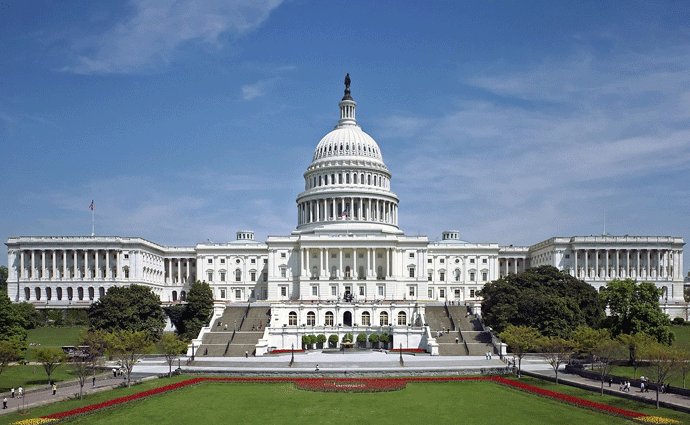AHIP: Graham-Cassidy Bill a Poor Choice for Payers, Patients
Provisions within the Graham-Cassidy Bill inhibit healthcare choice and access for payers and patients alike, AHIP asserts.

Source: Thinkstock
- AHIP believes that passage of the Graham-Cassidy Bill making the rounds in the Senate would adversely affect payer market through policies that destabilize the health insurance markets, reduce patient access to healthcare, and fail to meet the criteria of a sustainable solution for the industry.
“Throughout this debate, we have been committed to engage in a collaborative, constructive way to address existing challenges in health care, particularly in the individual market,” AHIP said in a letter to Senate leaders Mitch McConnell (R-KY) and Chuck Schumer (D-NY).
“We have worked hard to offer recommendations and solutions that will best deliver on the goals we share: More choices, lower premiums, help for those who need it, and lower costs for hardworking taxpayers.”
AHIP urged Senate leaders to keep the cost-sharing reductions under the ACA in effect, to help stabilize the insurance market. These subsidize payers so that low-income beneficiaries can continue to seek help, and allow payers to make more health plans available to consumers.
Any regulatory reforms should promote programs and health plans that have proven successful in the market and provide high quality coverage to beneficiaries.
“Long term, adopting proven models of success—for example, elements of the successful Medicare Part D program—could deliver greater stability, lower costs for taxpayers, higher consumer satisfaction, and better health outcomes,” the organization continued.
Retaining the quality and affordability of Medicaid programs is another pressing policy concern for the Senate, since the program serves over 70 million Americans. Medicaid reforms should ensure that states have the resources to provide adequate Medicaid care, and that states have enough control over their Medicaid dollars.
“State flexibility can improve the program, but solutions must ensure the sustainability of Medicaid and affordability in the individual market given how people often move between programs,” AHIP said.
AHIP also suggests ensuring coverage and healthcare access for patients with pre-existing conditions through policy, and believes that no one should be denied healthcare coverage because of their health status.
“To ensure that coverage is more affordable for everyone, strong protections must be coupled with strong incentives that encourage individuals to maintain continuous coverage,”the organization stated.
Reforms should make sure hospitals, providers, and healthcare stakeholders sufficient time to prepare for policies that could significantly change their operations and procedures.
Before instituting any new healthcare policies, legislators must be aware of the impact on how payers, providers, and patients will interact within the healthcare system.
“Health care providers need time to understand how changes will affect them and their patients. Plans need time to develop new coverage products or modify existing ones. And consumers and patients need time to understand how their coverage will change.”
Policymakers that attempt to adjust federal healthcare laws must eliminate taxes that inhibit affordability for consumers and raise the cost of healthcare, AHIP said. The basis for this argument suggests that eliminating the current insurance tax will save billions on consumer healthcare costs and improve employer sponsored insurance.
“Not eliminating the health insurance tax will cost consumers $267 billion over the next ten years. Similarly, not eliminating the 40% excise tax will ultimately affect tens of millions of Americans who receive health benefits through employer sponsored coverage.”
Reforms should also strengthen the private payer market, and veer away from a government-controlled single payer model of healthcare. AHIP says that a single payer model will not be as effective in providing healthcare to consumers than a competitive market with several consumer options.
“Building on the choice, competition and innovation of the private sector and the strength, security and dependability of public programs is a far more effective solution than allowing states to eliminate private insurance,” AHIP added.
While AHIP strongly communicated their disapproval about this particular course of action, they added that the organization is ready to work with policymakers on reforms solutions that positively impact the country’s healthcare.
“While we cannot support this proposal, we will keep working to find the right solutions that reflect the commitment we all share: affordable coverage and high-quality care for every American,” AHIP concluded. “By working together, we can improve health care and deliver the coverage and care that every American deserves.”
